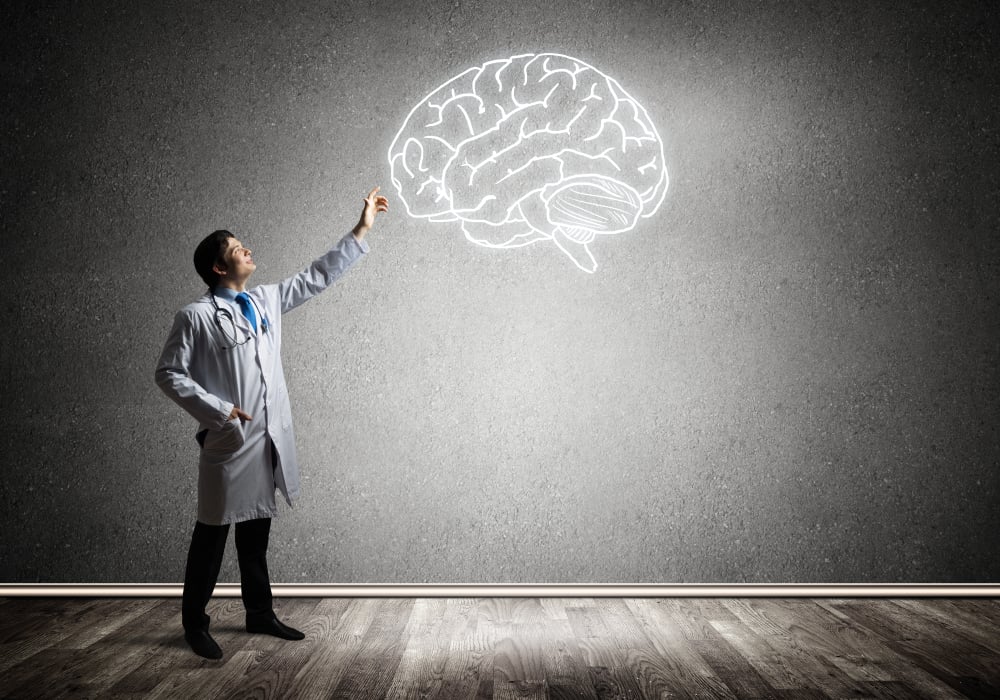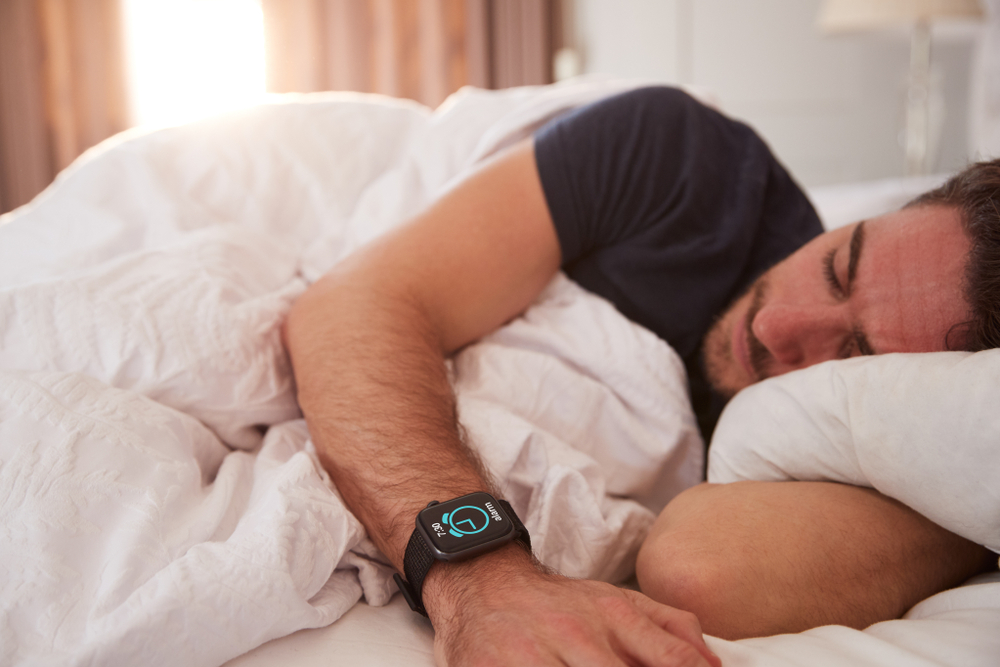Sleep trackers are made to help you measure the number of hours you sleep a night. Many people believe they have trouble sleeping through the night. They turn to sleep trackers in hopes to get some answers. Here’s what the science says so far about these little tracking systems.
Deep sleep
Your body switches from light to deep sleep during the night. Rapid eye movement (REM)
is when you’re getting the most sleep. The sleep trackers usually work by reporting your body movements during this time versus the time you’re in a lighter mode of sleep. Some trackers even monitor heart rate changes.
Measuring
The research looks into these trackers against polysomnography tests. These tests are used to diagnose sleep disorders. Sleep trackers have been shown to only measure sleep accurately 78% of the time. Polysomnography tests are able to track heart rate, blood oxygen levels, eye movements, body movements, brain waves, and breathing. This is the most definitive way to measure someone’s sleep patterns.
Sleep trackers measurements
Sleep trackers are worn on the wrist. They only measure sleep patterns by body movements. You move frequently during your stages of sleep. Movement cannot usually accurately tell you the stage of sleep your body is in at the time.
Most sleep trackers aren’t measured against polysomnography tests. This is why it’s tough to know if the accuracy rate is high. It’s also tough to measure the sleep patterns of someone with insomnia. They usually remain very still trying to go to sleep. Sleep trackers that only follow movement would have an issue with people that have insomnia. The watches are unable to monitor the time from someone is asleep from the time when someone is very still.
Sleep watches
Sleep watches seem to have a higher effective rate when measuring sleep duration.n This is because they measure heart rate as it fluctuates throughout the sleep stages. There is limited research on these devices, so they might not be as accurate as tests. Many people underestimate their amount of deep sleep even when using the heart rate to measure.
Sleep anxiety
Many people are simply anxious about their sleep. They wonder if knowing about their patterns of sleep is even beneficial. This leads to laying in bed worrying even more. If a patient has insomnia already, a sleep tracker could add to their anxiety. This leads to a higher loss of sleep.
Sleep trackers might then add stress to the next day. Even if the readings are correct, people worry they might be wrong. If people are wearing sleep tracking devices to follow sleep patterns and they are already concerned, this could lead to deeper mental health issues.
It’s true that the research is lacking when it comes to sleep patterns and sleep trackers. Many people are seeking treatment for sleep issues due to their trackers. This could be a false pretense. A polysomnography test usually helps these patients figure out if they really have a problem. Many wearable exercise devices that track fitness seem to have the same effect. Many times any type of monitor leads to health issues and depression.
In conclusion
Sleep devices are the most useful for people that usually sleep well. They want to track their sleep patterns and establish a routine. For people that don’t sleep well or have mental issues, the tracker might add fuel to the fire. The best way to monitor your sleep is to know how you feel each day. If you have trouble focusing and feel tired all day, you might need more rest. The solution is simple. You can throw out the device and listen to your body.













